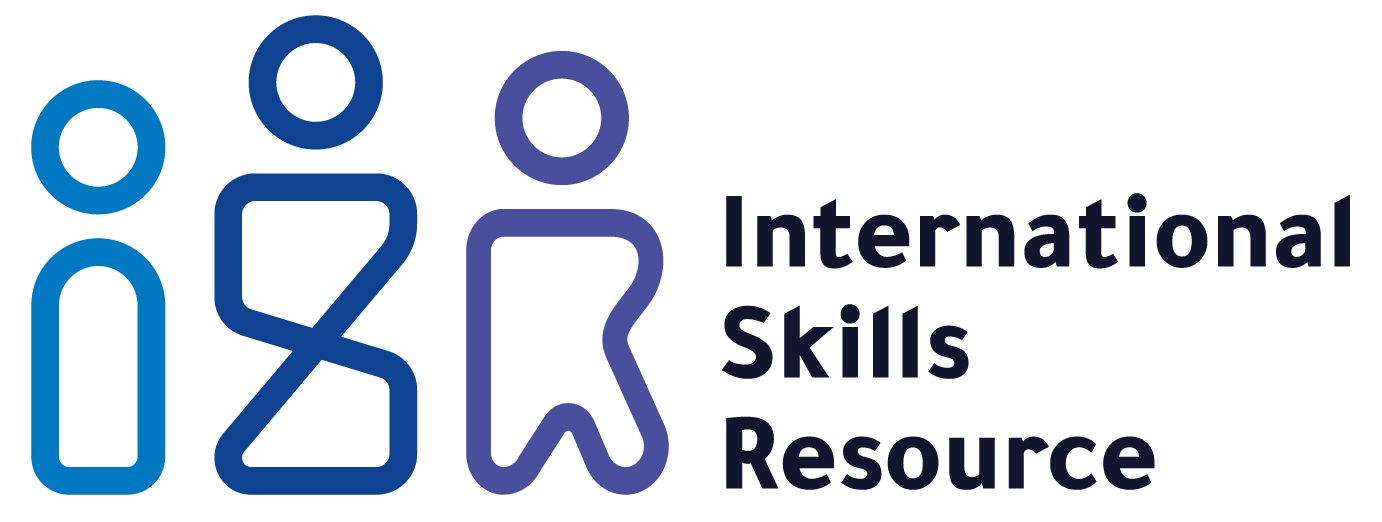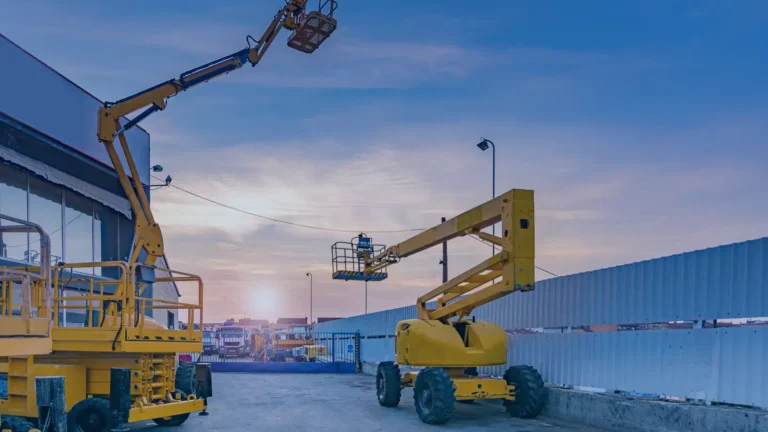The world of work is in constant flux, and the pace of change is accelerating. Technological advancements are disrupting industries, transforming job roles, and reshaping the global talent landscape. As we navigate this rapidly evolving landscape, understanding the impact of technology on the future of work and the implications for global talent is crucial for individuals and organizations alike.
The Rise of Automation and AI:
One of the most significant technological shifts impacting the future of work is the rise of automation and artificial intelligence (AI). While automation has long been a part of manufacturing and industrial processes, its reach is expanding rapidly into various industries, including finance, healthcare, and even creative fields. AI-powered tools are automating tasks that were previously performed by humans, leading to increased efficiency, cost savings, and faster turnaround times.
The Impact on Job Roles:
This automation trend raises concerns about job displacement, but it also creates opportunities for new roles and skillsets. As technology takes over repetitive and routine tasks, the demand for human skills that complement AI will increase. These skills include critical thinking, problem-solving, creativity, collaboration, and adaptability.
The Rise of Remote Work and Global Talent:
Technology is also breaking down geographical barriers, allowing individuals to work remotely and connect with employers across the globe. The rise of remote work platforms, communication tools, and collaborative technologies has opened doors for a more geographically diverse and flexible workforce. This trend has unlocked a vast pool of global talent, enabling organizations to access a wider range of skills and perspectives.
The Importance of Upskilling and Reskilling:
In this rapidly evolving landscape, continuous learning and skills development are essential for both individuals and organizations. Upskilling and reskilling programs are becoming increasingly crucial to bridge the skills gap and prepare workers for the demands of the future.
Navigating the Future of Work:
For Individuals:
- Embrace lifelong learning: Invest in continuous skills development and acquire in-demand skills that complement technology.
- Develop soft skills: Focus on building critical thinking, problem-solving, communication, and collaboration skills.
- Be adaptable and embrace change: Be open to new technologies and evolving job roles.
- Network and connect: Expand your professional network and explore opportunities in the global market.
For Organizations:
- Invest in upskilling and reskilling programs: Equip your workforce with the skills they need to succeed in the future.
- Embrace a flexible and remote work culture: Leverage the benefits of a global talent pool and embrace remote work strategies.
- Cultivate a culture of innovation: Encourage experimentation and adoption of new technologies.
- Prioritize employee well-being: Foster a positive and supportive work environment that promotes employee engagement and motivation.
Conclusion:
The future of work is being shaped by technological advancements that are redefining the way we work and the skills we need to succeed. By embracing lifelong learning, developing in-demand skills, and adopting a forward-thinking approach, both individuals and organizations can navigate this evolving landscape and thrive in the future of work. The global talent pool holds immense potential, and by harnessing the power of technology and embracing change, we can unlock a brighter future for the workforce.





